Natural and Health Sciences Research Center Labs
The Core Laboratories Section comprises eight research units:
These units provide advanced equipment and multidisciplinary research support to enhance collaboration and scientific development across various fields.
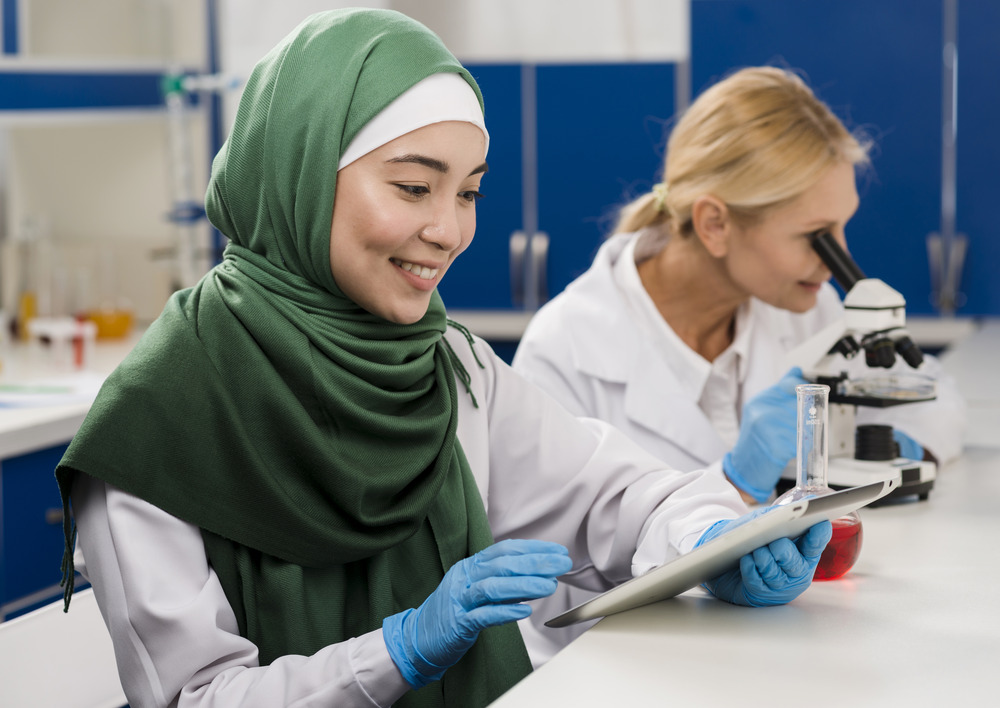
This unit aims to advance the understanding of the causes and mechanisms of cancer, as well as develop new techniques and treatments to combat it. The goal is to improve the effectiveness of current treatments and innovate new methods for early diagnosis and prevention. The work of this unit relies on collaboration between doctors and researchers from various specialties, including clinical pathology, medical genetics, and oncology.
This unit participates in the development of new techniques for analyzing drug kinetics and determining drug parameters, contributing to the improvement of treatment efficacy and the reduction of side effects. It also involves studying advanced drug reactions and technological updates in drug targeting for more precise therapeutic outcomes.

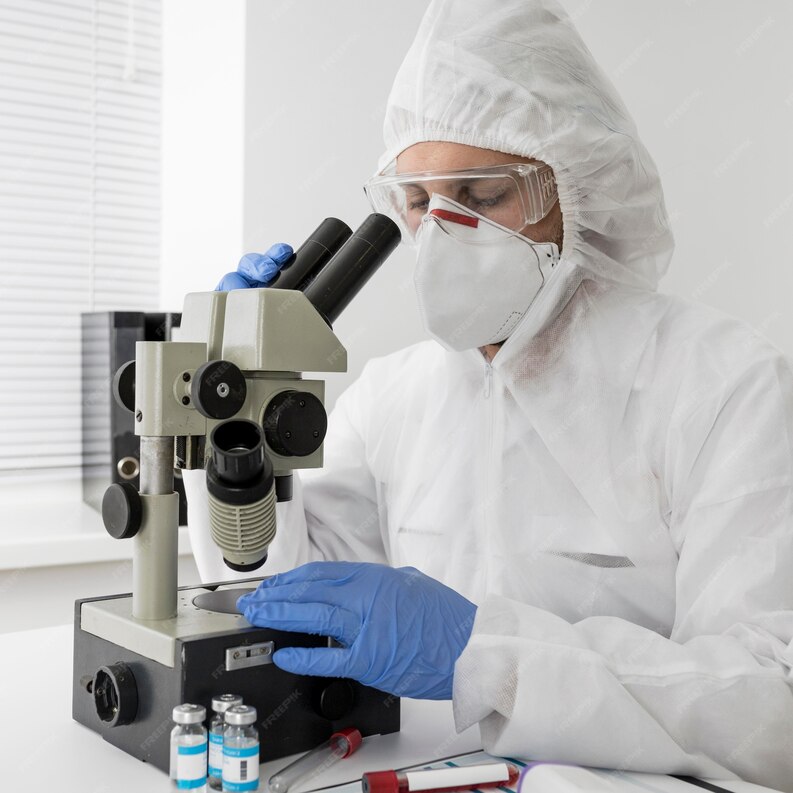
The Microbiology unit provides specialized infrastructure and advanced equipment to support research in understanding the structure and function of microorganisms, including bacteria, viruses, and fungi.
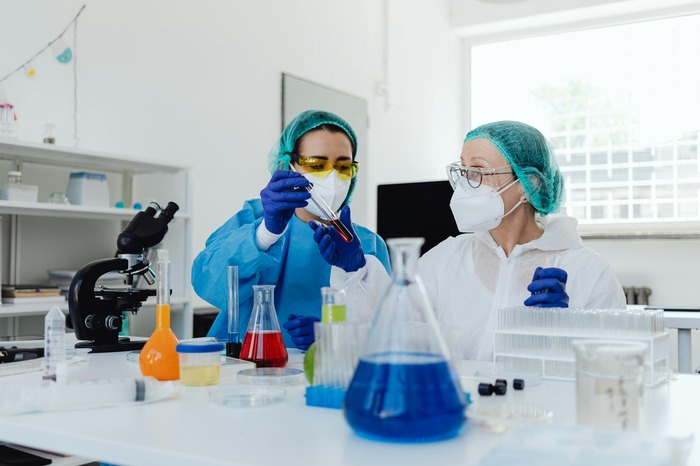
This unit contributes to expanding knowledge about body processes at the chemical and molecular levels, enhancing the development of therapeutic and diagnostic methods, and improving healthcare.

This laboratory houses a range of analytical devices for studying and diagnosing bloodrelated diseases, including cellular and molecular analysis of proteins inside and outside the cell.

This laboratory specializes in studying materials and environmental pollutants using various analytical techniques. Researchers aim to gain a better understanding of the chemical and physical properties of these substances and their potential effects on the environment and human health.
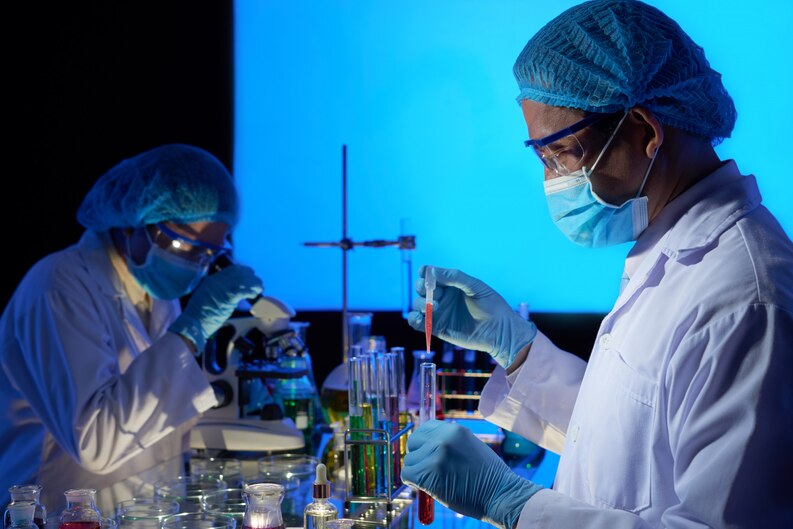
The Physical and Organic Chemistry Unit explores a variety of research areas, including electrochemistry, surface chemistry, catalysis, photocatalysis, materials science, engineering, polymers, and the synthesis of new aromatic derivatives, evaluating their biological activity.
The Analytical and Inorganic Chemistry Unit conducts multidisciplinary research, aiming to identify sources of metal pollution and develop effective methods for disposal. The unit focuses on green synthesis of new metallic nanoparticles, emphasizing environmentally friendly approaches for industrial applications in metallic and pharmaceutical compounds.
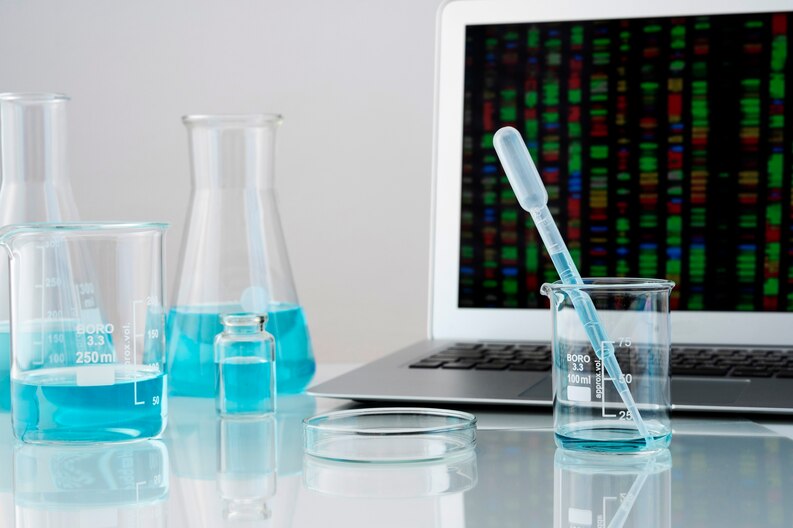
The Molecular Genetics Research Laboratory focuses on studying DNA and RNA to understand how genes work and how changes in these genes can affect living things. This lab allows researchers to explore genes and their sequences, helping to uncover how genetic variations impact health and disease.
The lab is equipped with advanced tools, such as machines for sequencing genes and devices for cloning DNA, which enable precise extraction and analysis of genes. The research team includes geneticists and specialists who work together to analyze data and draw important conclusions.
This laboratory is an essential hub for innovation in the field of genetics, providing new insights into how genes relate to biological processes. It also plays a crucial role in improving our understanding of genetic diseases and finding ways to develop targeted treatments.

Nourah’s Biobank has a noble goal: to provide reliable biological samples linked to health information for researchers and students worldwide. We collaborate with national and international institutes to achieve this mission. Our aim is to inspire fellow researchers in tissue banking, offering motivation and support as we advance in the fields of medicine and health research.

The Lifestyle and Health Research Laboratories at Princess Nourah bint Abdulrahman University were established in 2019. They are the first center in the region focused on lifestyle and health, especially for children, teenagers, and women. The labs are located in the Health Science Research Center next to King Abdullah University Hospital. They include two large labs and office spaces for administration, meetings, and research.
In fourth quarter of 2022, a new Population Health section was approved under the Department of Lifestyle and Health Research.
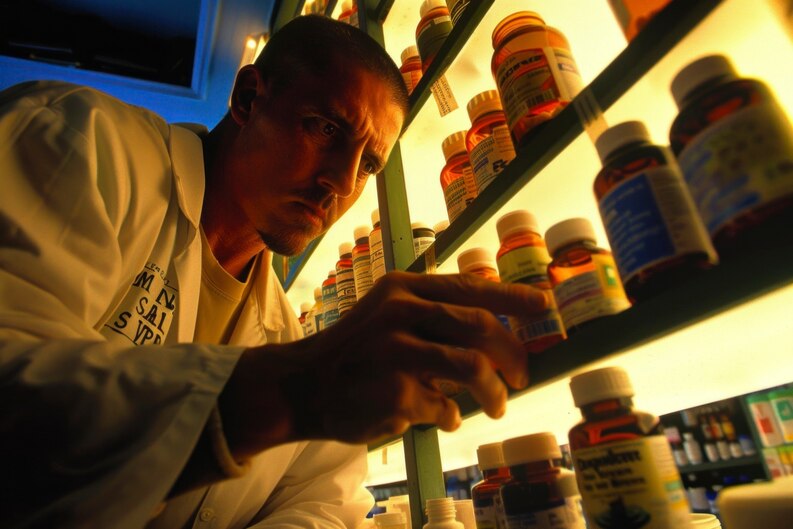
The Sports Medicine section is a key part of the Lifestyle and Health Research Department. Its goal is to fill the gaps in local and regional research on sports assessment, treatment, and prevention. The section focuses on providing the best care for sports and fitness activities, especially for women, and aims to improve sports performance across different fields.
The department focuses on the research needs in community health related to lifestyle factors like physical activity, sedentary behavior, sleep, nutrition, and mental health. It also aims to enhance research on lifestyle, health, and non-communicable diseases to discover ways to prevent and treat these issues without medication, benefiting both individuals and society.
The laboratories are equipped with various tools for different tasks. Team members are trained to provide research consultations for population health studies at all stages, from surveys to clinical research.

Make your tax-deductible gift and be a part of the cutting-edge research and care that's changing medicine.